Have you ever felt like you have no energy to workout? Maybe you start strong but can’t make it through to the end (that’s why you sign up for group classes, right?). Or maybe you just skip your workout entirely, too exhausted to even get out the door.
If you think that food has something to do with it, you’re right.
But, what you’ve read in magazines may have led you astray. See, they probably told you that you need more “quick” energy in the form of carbohydrates, like whole grains or fruit. Or maybe they suggested you carb-load the night before.
Turns out this information is pretty outdated and there’s a whole ‘nother approach to this topic.
If you are exercising to try to lose weight, embracing this alternative way of eating will help you drop the pounds fast. (I mean, really how many of us are exercising to gain weight…)
Today I’m sharing an article written by Emily Jenkins, who has both a BS and MS in nutrition and will soon be starting her training to become a registered dietitian. Like me, she’s a bit of a nutrition science junkie.
She reached out to me to help on some projects and when I heard about her research into sports nutrition and the effects of a ketogenic diet on athletic performance at Auburn University, I asked her to write about it!
It takes far too long for research to get into practice, which may be why you haven’t heard of this way of eating yet.
If you like BUTTER or BACON, you’ll be pretty happy after reading this.
Emily breaks it all down for you below.
Why You Have No Energy To Workout
PICTURE THIS, it’s early in the morning and you’re getting ready for your routine workout. You’ve got your exercise gear on, positivity is coursing through your veins, you’re eager for the challenge that awaits.
But wait, what happens?! Not even halfway through your workout, all of a sudden your momentum begins to drop and your energy fuel tank plummets. You’re thinking to yourself, how does this happen? I did my carb loading the night before and had oatmeal for breakfast, this shouldn’t be happening to me!
Well I’m here to tell you that, if you believe carbohydrates are the only fuel source for the body, especially during times of exercise, you have been misinformed.
Yes, it is a known and accepted doctrine within the science of sports nutrition that carbohydrates are vital for athletic performance. Furthermore, it is accepted that carbohydrates are the preferred fuel source for athletes. However, from a functional standpoint, this is peculiar because carbohydrates cannot be stored in significant amounts throughout the body.
There is, however, another fuel source, that has a higher storage capacity in our bodies. Care to take a guess?
It’s fat!
In fact, fat is a much more efficient storage form of energy. Unlike carbohydrates, which yield 4 kcal (kilocalorie) of energy, fat yields approximately 9 kcal per gram of food energy and is stored with minimal water, making them an efficient storage form of energy. So, even in a very lean athlete, the total amount of energy stored as fat will typically be more than 20 times the maximum level of carbohydrate stored in the body [1].
Introducing the Low-Carbohydrate Ketogenic Diet (LCKD)
The ketogenic diet is a diet regimen that is comprised of a food supply of high fat with a 4:1 ratio of lipid to carbohydrate with medium protein. The ketogenic diet is so-termed, as maintenance on this diet induces and sustains a ketotic state in the body [2]. Ketones are released and used for energy in place of glucose when the diet is low in carbohydrates.
A typical LCKD follows seven key principles:
1. Keep the diet low in carbohydrates: have enough to induce nutritional ketosis and accelerate fat burning—less than 50g/d (5-15% of total energy) By the way, 50 grams of carbohydrates is the amount in roughly 3 servings of carbohydrates, or 1 slice of bread + 1 apple + 1/2 cup beans.
2. Moderate intake of protein: 0.6 to 1.0g/lb. of lean body mass (20% of total energy)
3. Enough fat to sustain energy: (65-80% of total energy), yes I said 65+% of your calories are coming from fat!
4. Getting the right proportion of fat is critical: eating monounsaturated and saturated fats while limiting high polyunsaturated sources.
- Monounsaturated fats (MUFA): certain vegetable oils (e.g. olive oil, macadamia nut oil, avocado oil); also found in animal fats, like lard
- Saturated fats (SFA): coconut oil, palm oil, butter, ghee, and animal fats
- Polyunsaturated fats (PUFA): omega-6 fatty acids (e.g. soybean, corn oil, cottonseed oil) these are more associated with inflammation than omega-3 fats.*
* Great sources for omega-3 fatty acids are cold-water fish (salmon, tuna, herring, and sardines), which, ideally should be consumed 2-3 times per week. Grassfed meats and eggs from pasture-raised chickens are also rich in omega-3s. Chia and flaxseeds are good sources of plant-based omega-3.
5. Proper mineral management: Supplement sodium 2g/d (use salt when cooking) and replace magnesium to prevent muscle cramps.
6. When in doubt, eat less carbohydrates
7. When in doubt, eat more fat [1].
What do you eat on a Low Carb Ketogenic Diet (LCKD)?
In short, non starchy vegetables including lettuce, kale, celery, cucumber, fennel, broccoli, cauliflower, cabbage; meat, fish, poultry, eggs; oils and fats; whole-fat low-carb dairy products like butter, ghee, greek yogurt, sour cream, and cream cheese; some nuts and seeds; some berries.
Sample Menu on Low Carb Ketogenic Diet
- Breakfast: Scrambled eggs with sides of spinach and sausage
- 2-3 large eggs, scrambled + 1 Tbsp. butter
- 1 oz. shredded mozzarella cheese
- 2 pork sausage links
- ¾ cup cooked spinach + 1.5 Tbsp. butter
- Lunch: Broiled salmon and a side salad
- 4 oz. broiled Atlantic salmon + 1 Tbsp. butter
- Side Salad: mixed baby greens, diced tomatoes, chopped onion, feta cheese, black and green olives, blue cheese dressing
- Dinner: Sirloin with sautéed mushrooms and cauliflower mashed potatoes
- 3 oz. beef sirloin tips
- ¼ cup sautéed mushrooms + 1½ Tbsp. olive oil
- 1 cup cauliflower boiled and mashed… with shredded cheddar cheese and butter
- Drinks: Water with lemon or cucumber, black tea, coffee with heavy whipping cream (no sugar)
- Dessert: 1 oz 85% chocolate or 1/4 cup strawberries with whipped cream (no sugar) and macadamia nuts
Metabolic Benefits of Low Carb Ketogenic Diet
The LCKD has been shown to have two major metabolic benefits that are relevant to most athletes:
- Improved body composition (power-to-weight ratio)
- Improved prolonged endurance performance, which resulted from better-sustained fuel delivery. [1]
In order for your body to reap the benefits of the LCKD, your body must become “keto-adapted”. This is a term that was coined by Dr. Steve Phinney to describe the process in which human metabolism switches over to use almost exclusively fat for fuel. Many metabolic benefits have been studied once keto-adaptation is accomplished:
- Sustained source of fuel for the brain—protecting the athlete from “hitting the wall”
- Improved insulin sensitivity (good if you have trouble losing weight or have diabetes, prediabetes, or PCOS
- Protein sparing
- Decreased accumulation of lactate—reduction in muscle cramps
- Better control of pH and respiratory function
- Improvement in athletic endurance and performance
Now, I can go into the biochemical explications on why these benefits happen and how they take place…but let’s be honest most of us would be asleep within the first five minutes. So instead, I recommend the following readings:
- The Art and Science of Low Carbohydrate Performance by Jeff S. Volek, PhD, RD and Stephen D. Phinney, MD, PhD
- The new Atkins for a new you by Dr. Eric C. Westman, Dr. Stephen D. Phinney, and Dr. Jeff S. Volek.
- Dr. Peter Attia has an excellent blog on the ketogenic diet and lifestyle with up-to-date research and discussion topics
For those who want to read up on the research done in this particular area, I suggest:
- Lambert EV, Speechly DP, Dennis SC, et al. Enhanced endurance in trained cyclists during moderate intensity exercise following 2 weeks adaptation to a high fat diet.
- Phinney SD. Ketogenic diets and physical performance.
- Helge JW, Watt PW, Richter EA, et al. Fat utilization during exercise: adaptation to a fat-rich diet increases utilization of plasma fatty acids and very low density lipoprotein-triacylglycerol in humans.
How can I incorporate Low Carb Ketogenic Diet principles into my routine?
Someone who is on the LCKD would have these items either in their refrigerator/pantry or on their shopping list. If you’re considering this diet this is great place to start:
- Avocado
- Bacon
- Broth (chicken, beef, vegetable)
- Butter or ghee
- Cheese (hard)
- Cream (heavy or whipping)
- Coconut milk (whole fat)
- Eggs
- Fish (salmon, tuna, herring, etc)
- Fruits (berries, olives, tomatoes, lemons, limes)
- Mayonnaise (made with oil ,not soybean oil)
- Meats (beef, chicken, pork)
- Nuts and seeds
- Oils (coconut, olive, macadamia, avocado)
- Salami
- Sausage
- Sour cream or crème fraiche
- Vegetables (all except starchy veggies like potatoes, corn, peas, & sweet potatoes)
- Yogurt (Greek, whole milk) [1]
I know this diet can seem a little overwhelming at first, I mean let’s be honest, cutting out carbohydrates can be really difficult, especially for those who have a fond relationship with them, like me!
However, if you want to try something new, try cutting out a serving of carbs at each meal. If you seriously want to cut down on carbohydrates and improve your athletic endurance, then this diet may be just for you.
Remember, with this diet, fat is your friend! How many diets can say that?!
Sources:
- Volek, JS, Phinney SD. The Art and Science of Low Carbohydrate Performance. Beyond Obesity LLC; 2012.
- Hallöök T, Ji S, Maudsley S, Martin B. The effects of the ketogenic diet on behavior and cognition. Epilepsy Research. 2012; 100: 304-309.
—
Can I get a round of applause for Emily Jenkins, MS for writing this article?
If you usually have no energy to workout, I hope you consider this approach. I’m eager for her to join the ranks of open-minded dietitians who know that low-fat diets aren’t for everyone and embrace what research has been telling us for years, that fat is good for us and excess carbohydrates are not.
Now before you go, I’d like to hear from you. In the comments below, tell me:
What’s your secret to keeping your energy up while working out?
Are you ready to eat more butter?
If you liked this article and want to read more like it, be sure to sign up for email updates below. By doing so, you’ll join the Pilates Nutritionist Community and get my popular guide: Why you’re not losing belly fat doing Pilates + 5 steps to make it happen”. And did I mention it’s FREE!?
Until next week,
P.S. Breakfast is a great time to try out this way of eating. Stops those 10am sugar cravings before they start.
P.P.S. If you struggle with food cravings or addiction, eating fewer carbs works like a charm. Or at the very least, try these 3 steps to mitigate the cravings triggered by carbohydrates.

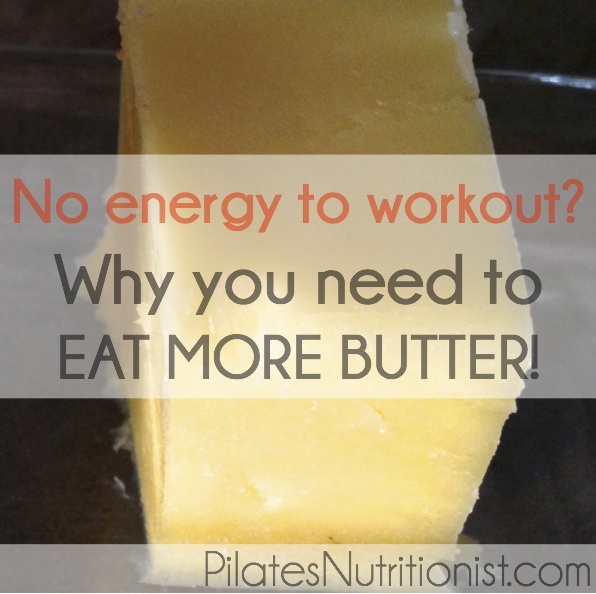
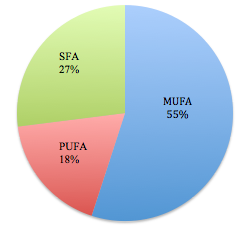
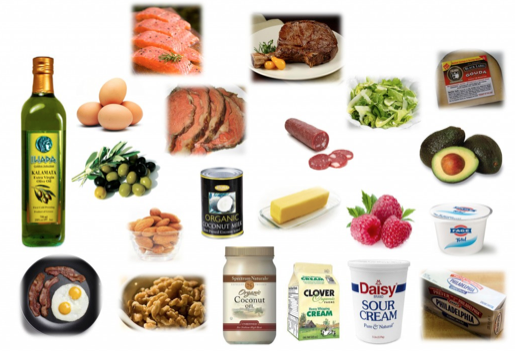

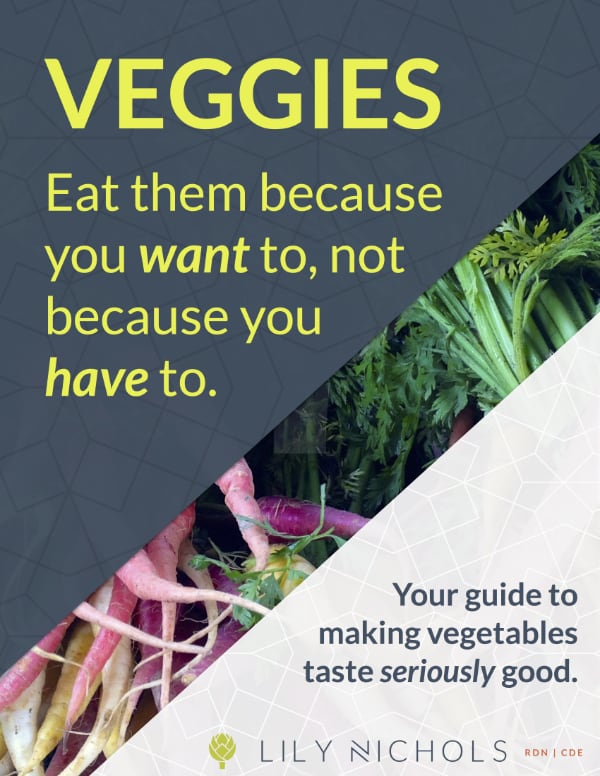
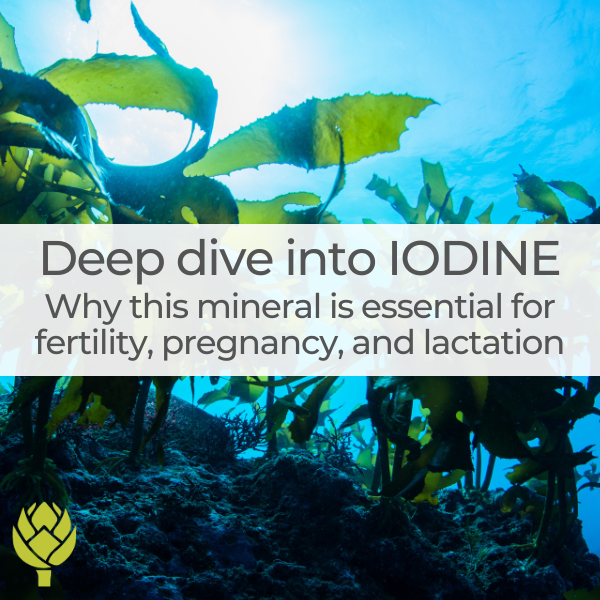
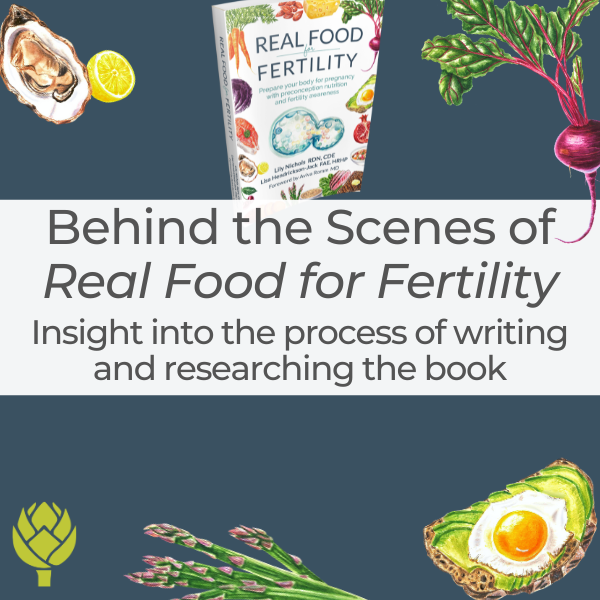
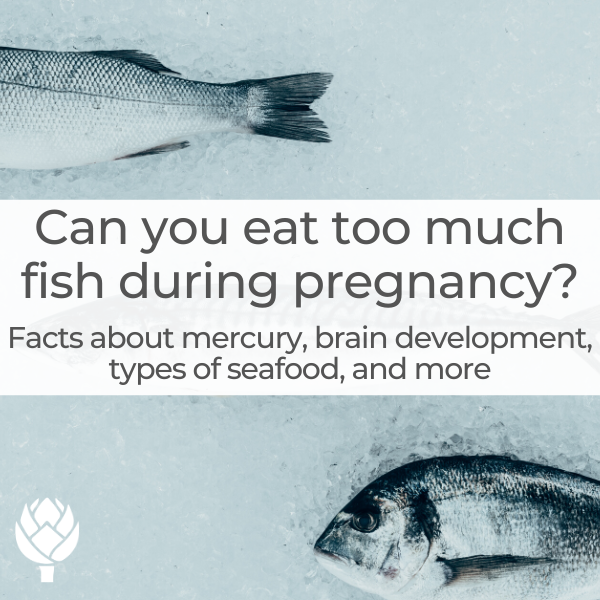
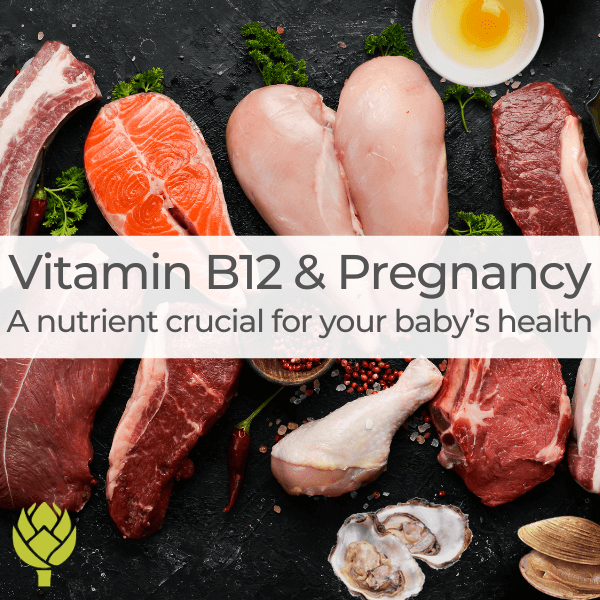




Hello Lily!
Awesome post! Being an endurance athlete I especially enjoyed reading this. As far as fueling yourself during a long race/workout, all I ever see offered are carb-heavy items such as grainy fruit bars and sugary drinks. Are these still the best option for fuel during exercise?
Thank you for all your great work!
Hey Metzi! Glad you enjoyed the article. It depends a lot on the diet your body is adapted to. If you’re not already “keto-adapted”, meaning your body is not used to burning fat for fuel, you’ll be accustomed to using glucose for energy. In that case, you might want a carbohydrate source during exercise.
Think of carbohydrates like kindling for a fire and fat like a big oak log. You have to put kindling on the fire all day to keep it burning, but a log will provide the fire with a low, steady flame all day. In other words, fat keeps your blood sugar and energy more stable even during exercise. Might be interesting to play around with.
PS – Check out some of the resources Emily mentions above!
Yeah, this is great. I used to be afraid of fats because of the calories but now I loveee them and eat them all the time. I also feel SO much better since starting to do so.
Same here, Kammie. It’s amazing how correcting that one little dietary myth dramatically changes our relationship with food and our body.
You might also like my post on why I stopped counting calories.
I’ve never been much of a carbs person except in the morning. My routine now consists of a green smoothie or juice followed by based snack of eggs and spinach or salmon and avocado I’ve found switching carbs for protein in the morning provides me with more energy. Great to see avocado is on your lists. I’m not sure why so many articles suggest to avoid it.
Glad you’re listening to your body and finding what works best for you. 🙂
I LOVE butter! I also love coconut oil, avocados, and coconuts (other great sources of fat). And I wash my face with hazelnut oil and also use it after the shower as a moisturizer. Fat is good!
Lana,
Now we’re talkin’! Coconut oil is a big favorite of mine too, both in cooking and as lotion.
Lily,
Great post! I think that fat is the most misunderstood macronutrient. I work with so many women who are afraid that fat will make them fat but then when they start adding in avocados, coconut oil and nuts & seeds, and even butter, they feel so much more satiated and energized. I know firsthand that I stopped thinking so much about food when I started adding in more fat to my diet. Mostly, because I was satisfied! Thank you for sharing the science here.
Hi Elise,
I agree on all fronts. Most of my clients are terrified to add more fat. They think I’m crazy to say “eat more butter”! But once they do, the cravings go away and they start losing weight (and often their cholesterol numbers improve). It’s time to ditch low fat diets for good.
This is a great rundown of how to accomplish a ketogenic diet. I like the graph of fatty acids to consume. Great resource!!
Thanks Brigitte!
This is really interesting… I have had severe food sensitivities this past year, so I’ve had to re-arrange some of the foods I eat (or can eat). I never used to eat much meat or anything that had “fat” but ever since adding things like baccon, real butter and natural fats, I’ve been losing weight & have had much more energy.
Hi Renee, well that makes two of us! You can read more about my food sensitivity journey here. So great to hear how embracing more real food fats has been transformative for you. 🙂
YEAH!
Loved this. Emily, I am indebted to you. Lily, thankyou for giving Emily this platform!
This is how I tend to eat when very active… but I was not aware of the science behind it. It’s perhaps the one piece that was missing for me in Dr. Joel Fuhrman’s Eat to Live program (though I did it almost 8 years ago some of the basic tenets have stuck with me: low-carb, moderate protein, and omega-3 rich).
I eat plant-based food and am going to modify your LCKD go-to foods to fit my needs… I am so grateful for this information!!
Ally, so happy Emily and I could validate what your body was telling you all along. 🙂
I remember the days of non fat dieting! SO bad! There were so many bad artificial fats they used instead and all the chemicals, not to mention how much sugar they added to the prepackaged foods… GROSS!
I usually have coconut oil as my butter now (allergic to dairy) and cook with it for high heat cooking. I use cold press organic olive oil and take Krill and fish oil supplements although I eat a lot of fatty fish- couldn’t miss out on that!
I can say I feel so good eating this way. I never felt that way on the low or nonfat diet. I love your information here it validates what I’m doing and offers even more great advice! Thanks so much! I will share this 😉
I can so relate, Melissa! Ditching a low fat diet was by far the best decision I ever made (now well over 10 years ago) – for my health, digestion, productivity, mental well being, and so much more. The science is there to support it and if it feels right for you, keep it up!
I love how you’re toting fats as an energy source. I follow Weston A. Price and their research points to the same conclusion. I’ve always been a little sceptical about the ketogenic diet, but you’ve broken it down in such a way that I plan to do more research into its safety. Thank you for opening my nutritionist eyes a little bit.
Hi Krystal,
Happy to hear Emily’s article got you thinking! Yes, the work of Weston A Price helped bring the importance of fats, particularly animal fats from properly raised animals (and the fat soluble vitamins they contain), into the spotlight. He was waaaay ahead of his time.
PS – You might like to read some articles by a colleague of mine, Franziska Spritzler. She’s done a great deal of research and writing on low carb ketogenic diets, particularly for helping people with diabetes.
Hey Lily! I just HAD to see what this buttah stuff was all about. Very interesting facts! So in-depth…I love and appreciate the visuals the most, it’s easier to for me to remember, and I am an avocado freak, so perfect! LOL.
Yummy menu, Lily! I love diets that are high in these foods! I have a question, though: is it true that non-fat or low-fat dairy products are worse than whole, even if the ingredients are completely natural and easy to read? Thanks!
Hi Cassie,
Yes. Studies show full fat dairy, but not low fat, is linked to a reduced risk of obesity and heart disease. We need fat to absorb other nutrients from our food. Just be sure to choose dairy products from grass-fed cows!
Of course, the occasional low-fat or non-fat dairy product with clean ingredients is fine (if you prefer for whatever reason), but full-fat is better for you.
Is this diet the same as Dukan Diet? Thank you.
Hi Carolina
The Dukan diet focuses on high protein as your main source of calories, and keeps both carbohydrates and fats low. Gradually over time on the dukan you increase your carbohydrate intake but from what I can remember, you generally kept fat intake low.
This diet however, which can be called a ketogenic diet, or LCHF, promotes fat as your primary intake of calories, with moderate intake of proteins and low carbohydrate. There is a lot of information floating around if you know what to search for, but essentially it focuses on our hormonal response to food. Fat produces the lowest insulin response which is good for the vast majority of people for so many reasons. I can go on about this all day, so if you’d like to know more i’d be happy to explain.
Hi I’M not a pork eater and haven’t been one for years. My body clashes with and it makes me extremely sick. Are there any substitutes I can have for bacon, salami, and sausage?
Of course. Any other meat/poultry/fish, like beef, bison, chicken, turkey, salmon, sardines, etc can take the place of pork products.
Loved the article just one problem the flax seed recommendation. New studies are coming out against it. I was like a human garbage disposal and could eat anything without ramifications. Flax seed gave me the run for my money. Bloating doesn’t begin to describe it! I think my body was telling me something so I stopped consuming flax. Lots of other good oils to be had out there.
One thing that really helped me in taking on this diet, is knowing that the ‘keto-adaption’ phase would not be easy. ‘keto-flu’ took a serious toll on me and I gave up the diet in this phase the first time I tried it because I felt awful. I’m on the other side now and feel completely normal again, I’m just happy in the knowledge that I’m fat adapted, can but fat all day long and have seemingly gotten rid of my bloating! Good luck to everyone starting up, and if you do experience the difficult ‘keto-flu’, hang in there because the grass is truly greener on the other side!
My favourite diet is kethosis diet, thanks for the article!
Is this a diet that can be sustained long term or do you need to cycle in and out of ketosis to avoid some long term negative effects?
Plz suggest pre workout and post workout energy booster so to get instant energy source.
Hi Lily- I am SO happy to have found your website. I am a RN by trade and really appreciate your scientific references to Phinney & Volek. I have been on a Keto eating style for about 4 months, have lost about 30 lbs, and have been looking for an effective exercise program. Is Pilates on a reformer something that can be useful with Keto, and will practicing pilates help me to build a little muscle and have definition? I am quite impressed with the flexibility and mobility benefits to Pilates and would like to try and incorporate it. I don’t want to waste my time/money if t’s not a useful training option for Keto, and could really use some advice. thanks!!
Hi Lily. Great article! I have a question. I just got through a two month stint of HIIT. At the end I switched to LCKD. It’s been two weeks now. The first few days we’re rough but now I’m finding I am very tired and too weak to really exercise at all. Is this normal? Should I be adding something to my diet? I’m below 20g of carbs daily bit want to switch to weight training. HA! I’m having trouble staying awake right now. I read so much conflicting info like carb refeeds and such. I’m using the strips and I am getting high ketosis readings daily. I just want my .energy back 🙂
Hello Lilly,
I have changed my diet to keto for 5 weeks now. I’m pleased that I have lost 8 pounds, even if my fiance has dropped 25. However, I am fatigued to the point where I am unable to work out. Working out has always been one of the best forms of therapy for me. I’m getting very concerned that my fatigue will not diminish. Please help anyway that you can.
Well, I am not sure that whole energy/carbo/fat story is told, at least in my case.
Age: 80, male. I‘ve been on a keto diet for three months. in the meantime, I‘ve been visiting a gym three times weekly.
Since being on keto, my muscles CAN NOT endure the same number of repeats of a particular movement of the same weight as before. For example, now I struggle to lift the weight 8-10 times in a set, that I was able to lift 12 time before keto.
This is suggesting me that carbo glycogen is stored in the muscle, while getting it somehow when needed in an exercise, seems harder.
Hi there, Thanyou for the great info. Question: Will I ever be able to enjoy fruit again? Mangos, bananas, pineapple, apple juice, apricots, plums, oranges, dates, currants …. Where do I get the nutrients these afford if not from these? And why wouldn’t just upping my good fats and my cardio workout compensate for the fructose/carb intake from these?
What might I eat cream cheese with/on besides celery?
Are carrots, yams, beets…..simply a thing of the past?
Does coconut oil do the same for me as butter, as goes Keto diet?
Can you recommend how get enough protein on a Keto diet without meats and fish? Is is feasible to do/maintain a vegan, or at least vegetarian, Keto diet?
Thanks!